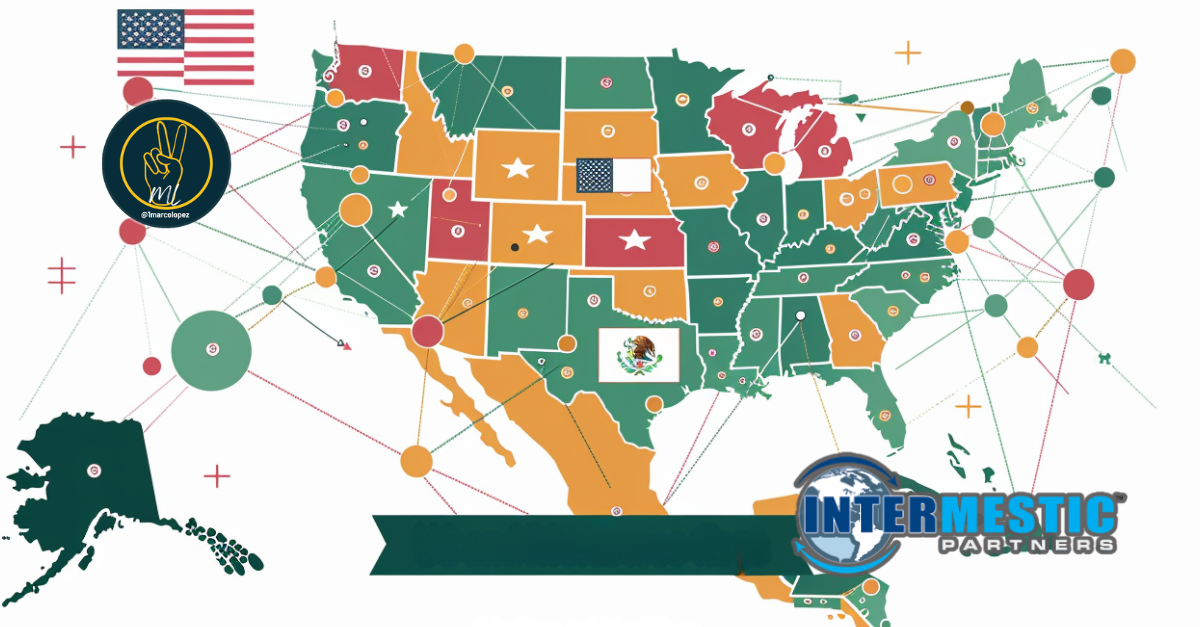Maximizing US-Mexico Trade Efficiency: Is Nearshoring the Key to Resilient US-Mexico Trade?
- Marco Lopez

- Mar 4, 2024
- 2 min read

Recent disruptions in US-Mexico trade have underscored the need for strategic adaptation among businesses engaged in this vital economic corridor. The implementation of China's Zero COVID Policy has further complicated global supply chain dynamics, already strained by the pandemic. In response, the United States-Mexico-Canada Agreement (USMCA) has emerged as a cornerstone, facilitating trade and aiming to bolster the North American economy by replacing the North American Free Trade Agreement (NAFTA).
Businesses face significant supply chain challenges, including capacity constraints at the US-Mexico border. These are exacerbated by infrastructure inadequacies, driver and equipment shortages, and inspection delays, leading to increased transit times and costs. Amid these challenges, nearshoring has gained traction as a strategic response, offering advantages such as reduced shipping costs, faster market response times, and access to Mexico's skilled yet cost-effective labor market. However, businesses must navigate potential drawbacks like cultural differences and trade regulations.
To address these issues, diversification in cross-border shipping operations is key, potentially involving alternative transportation modes like rail or ocean shipping. Crucially, forging strong partnerships with transportation providers is paramount. Businesses need to look beyond transactional relationships, seeking partners that can help navigate the complexities of cross-border transportation and co-create resilient supply chain solutions.
Intermestic Partners stands at the forefront of these efforts. As experts in the field, they offer invaluable insights and collaboration opportunities to businesses looking to optimize their US-Mexico trade strategies. By working with knowledgeable partners like Intermestic Partners, businesses can effectively tackle current challenges and build a foundation for long-term resilience in their supply chain operations.
I invite readers to reach out to Intermestic Partners for collaboration on these critical issues, offering their expertise to navigate and optimize cross-border trade strategies successfully.
For those engaged in or affected by US-Mexico trade, embracing these strategies and seeking expert collaboration can pave the way for smoother operations and sustained growth in an unpredictable trading landscape.
.png)




Comments